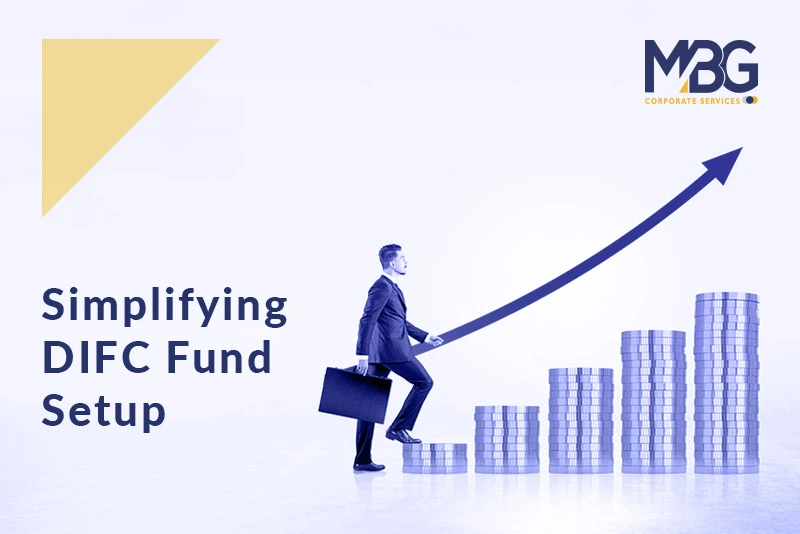
The Dubai International Financial Centre (DIFC) is one of the world’s top financial hubs, attracting investors, asset managers, and businesses from across the globe. It offers a secure and transparent environment to establish investment funds in Dubai that meet international standards.
If you’re a business owner, entrepreneur, or investor looking to set up a regulated investment fund in the UAE, here’s a simple, step-by-step guide to how DIFC fund setup works, without the complicated legal jargon.
In simple terms, an investment fund is a pool of money collected from investors to invest in assets such as shares, bonds, real estate, or private projects. The aim is to grow the investment and share the returns among investors.
DIFC offers different fund structures depending on your target investors and investment strategy:
Step 1: Choose Your Fund Type Select from Public, Exempt, or Qualified Investor Funds based on your target investors and goals.
Step 2: Appoint Key Roles You’ll need a DFSA-licensed fund manager, a custodian to safeguard assets, and a fund administrator.
Step 3: Prepare Fund Documents Create an offering document that outlines your investment strategy, risk factors, fees, and investor rights.
Step 4: Apply to the DFSA Submit your application for review. For Exempt Funds and QIFs, approval can take as little as 6 weeks.
Step 5: Launch Your Fund Once licensed, you can market your fund and begin accepting investments.
Setting up a fund in the DIFC is not just for global financial institutions, it’s also an opportunity for regional entrepreneurs and businesses seeking a regulated, tax-efficient investment vehicle in Dubai. With the right advisory partner, the process can be fast, compliant, and investor-friendly, especially for professional or qualified investor funds.
At MBG Corporate Services, we guide you through every stage, from structuring and DFSA licensing to documentation and compliance, so you can focus on growing your fund.
Thinking about a DIFC fund setup? Contact MBG Corporate Services today to get started.
It depends on the fund type, but professional investor funds have higher minimum investment thresholds.
Yes, if you obtain a DFSA 3c fund manager license or partner with an existing licensed manager.
Annual audits, investor disclosures, and compliance with DFSA rules.